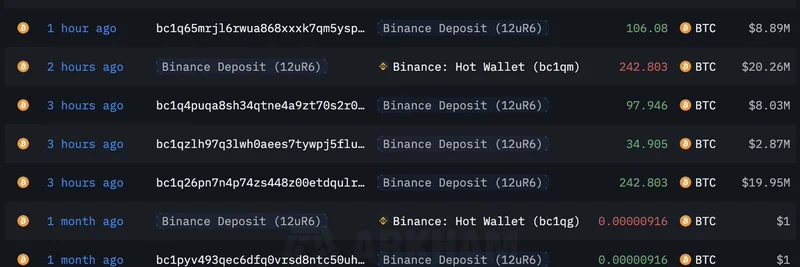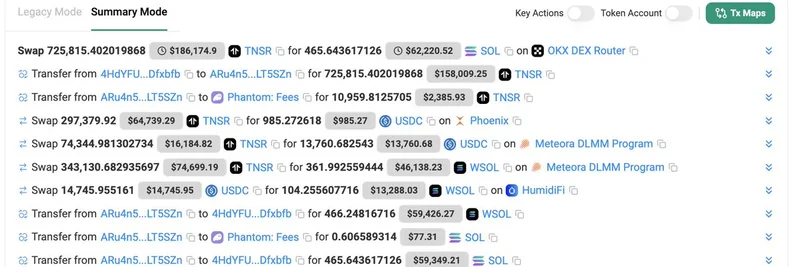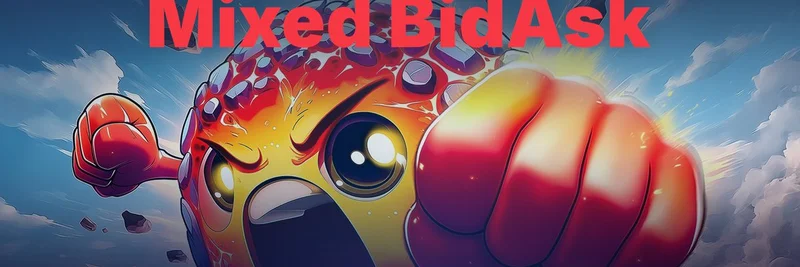In the fast-paced world of crypto, acquisitions can make headlines overnight, but they often leave token holders scratching their heads—or worse, empty-handed. That's exactly what's stirring up debate following Coinbase's acquisition of Vector, a Solana-based social trading app built by the team behind Tensor, the popular NFT marketplace on Solana. The deal, announced recently, has spotlighted a growing frustration in the community: why do token holders get zilch when their project's key assets are sold off?
Let's break it down simply. Tensor is a leading NFT trading platform on the Solana blockchain, known for its speed and low fees. Its native token, TNSR, is used for governance and staking within the ecosystem. Vector, on the other hand, emerged as a fun, meme coin-focused trading app that leveraged Solana's vibrant meme culture. Built by the same innovative minds at Tensor, Vector quickly gained traction for making on-chain trading more social and accessible.
But here's the rub—when Coinbase snapped up Vector, the acquisition focused solely on the tech and team, leaving the Tensor Foundation to manage the original marketplace and TNSR independently. As Omar from Dragonfly pointed out in a viral tweet, this creates a "serious dissonance." Coinbase is all about "coining" new assets and pushing tokenization, yet in this deal, TNSR holders saw their project's "best asset stripped" with zero compensation flowing back to them. If trends like this continue, why would anyone bother buying and holding tokens?
Enter the proposed fix from Solana Legend, co-founder of Frictionless VC and MonkeDAO: make tokens function as a "liquid cap table" that truly reflects tokenized equity in the company. In plain terms, a cap table is just a record of who owns what in a business. By tokenizing it on the blockchain, tokens could represent actual ownership stakes, tradable like stocks but with crypto's liquidity and accessibility.
This isn't just pie-in-the-sky thinking. In traditional finance, if a company gets acquired, shareholders get paid out based on their equity. But in crypto, tokens often feel like glorified loyalty points—great for hype and community vibes, especially in meme coins, but worthless when real value is extracted. For Solana's meme token scene, where projects like Pump.fun churn out viral hits daily, this could be a game-changer. Imagine holding a meme token that actually entitles you to a slice of the project's success, not just memes and moonshots.
Of course, turning tokens into equity isn't without hurdles. Regulatory scrutiny from bodies like the SEC could intensify, as tokens start looking more like securities. But proponents argue it's the natural evolution for sustainable tokenomics. Projects like those on Solana could lead the way, blending meme culture with real economic alignment.
As the dust settles on the Vector deal, the conversation is heating up. Will more projects adopt equity-like tokens to keep holders loyal? Or will the status quo persist, risking a exodus from token buying? For meme token enthusiasts and blockchain builders alike, this could redefine how we value and trade in the space. Keep an eye on Solana—it's where innovation meets memes, and big changes might be brewing.




